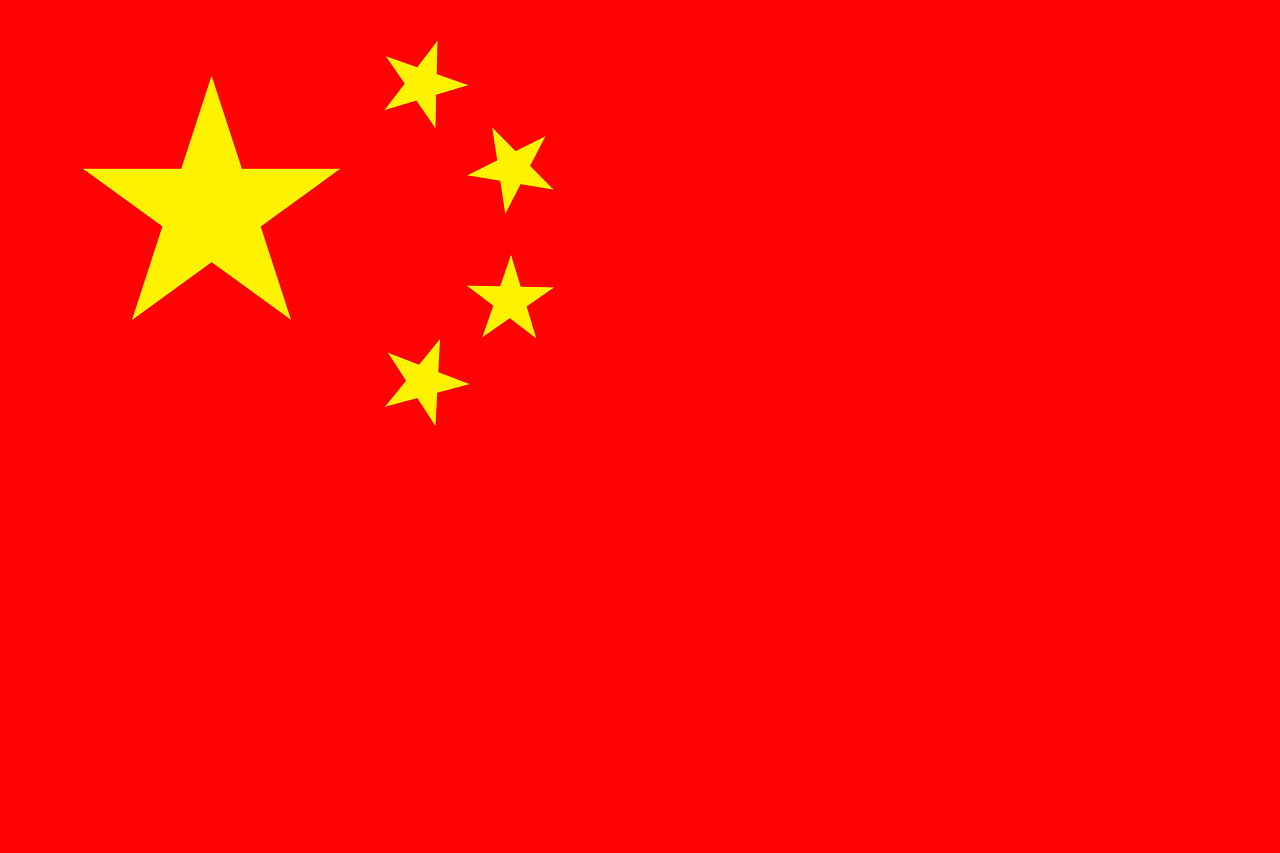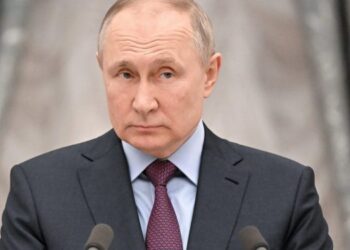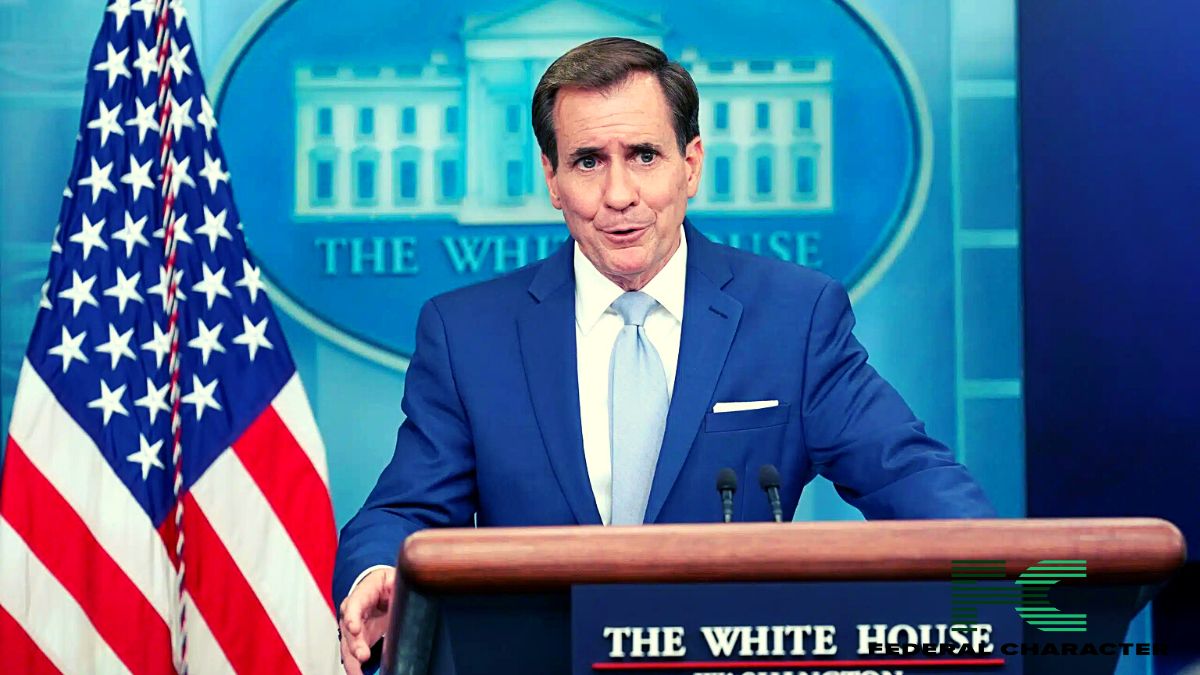China has sharply criticized the US-led military strikes on Iran’s nuclear facilities, warning the situation in the Middle East “may spiral out of control” following an emergency UN Security Council meeting. Chinese UN Ambassador Fu Cong declared the attacks—which President Donald Trump claimed “obliterated” key Iranian nuclear sites—had severely undermined Washington’s diplomatic credibility, particularly regarding future international negotiations. The strikes, conducted jointly with Israel, mark the largest Western military action against Iran since the 1979 Islamic Revolution.
Security Council Showdown Over Ceasefire Resolution
During Sunday’s tense UNSC session, China, Russia and Pakistan pushed for an immediate Middle East ceasefire resolution, with Ambassador Fu urging all parties—“especially Israel”—to show restraint. State broadcaster CCTV quoted Fu emphasizing that military force would only “add fuel to the fire,” while Global Times** editorialized that US intervention risked deepening “regional hatred and trauma.”

The criticism follows Iran’s reported 3,125 Chinese nationals evacuation, completed Monday through coordination between China’s Foreign Ministry and its Tehran embassy, including residents from Hong Kong and Taiwan—which Beijing considers its territory.
Foreign Ministry Spokesperson Guo Jiakun condemned the strikes as a “grave violation of the UN Charter,” stressing the targeted facilities were under IAEA supervision. Speaking at a Monday briefing, Guo announced China’s readiness to “play a constructive role” in Middle East peace efforts, even as it evacuated over 500 citizens from Israel.
Why It Matters
Chinese analysts warn the attacks could trigger uncontrolled escalation, with state media highlighting risks of radiation leaks from damaged nuclear sites. The Global Times warned that external military interference historically fails to deliver stability, citing the Iraq and Libya conflicts as cautionary examples.
With Chinese nationals now secured, Beijing appears focused on diplomatic damage control—positioning itself as a voice for Global South nations alarmed by the strikes’ precedent for unilateral action against sovereign states’ nuclear programs.

















